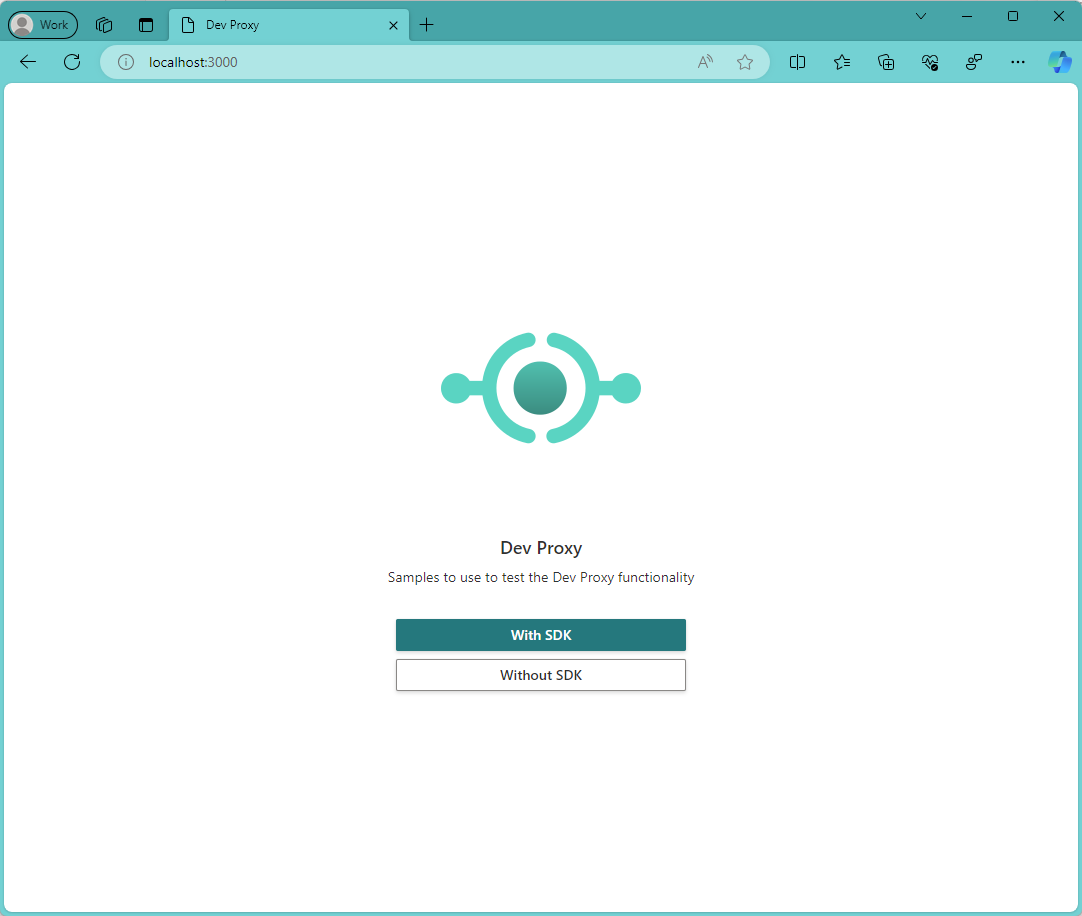All the samples have been designed with keeping dependencies to an absolute minimum, however there are a few things that you will need.
You will need a Microsoft 365 Tenant and be able to use an account that has permissions to create an Azure AD App Registrations in your tenant.
We highly recommend that you use a Microsoft 365 Developer Tenant with content packs installed when testing these samples, you can create a developer tenant by signing up to the Microsoft 365 Developer Program.
There are two ways which you can configure the App Registration required for the samples to work correctly, through automatation using either a bash or pwsh script we provide for you in the scripts directory, or manually through Azure Portal.
Note that the script will create a file called
env.js, in the root of thesamplesdirectory. This file contains the client ID of the application registration that is created.
The script uses CLI for Microsoft 365 to authenticate with and create the app registration in your tenant, therefore requires nodejs, v8 or greater to be installed
PS > cd ./samples/
PS > ./scripts/setup.ps1Follow the prompts in the terminal.
The script uses CLI for Microsoft 365 to authenticate with and create the app registration in your tenant, therefore requires nodejs, v8 or greater to be installed
$ > cd ./samples/
$ > chmod +x /scripts/setup.sh
$ > ./scripts/setup.shFollow the prompts in the terminal.
The following table provides details of how to configure your app registration.
| Property | Value |
|---|---|
| Name | graph-developer-proxy-samples |
| Account types | Accounts in any organizational directory (Any Azure AD directory - Multitenant) |
| Platform type | Single-page application |
| Redirect URIs | http://localhost:3000/withsdk.html http://localhost:3000/nosdk.html |
| API Permissions | Microsoft Graph User.Read.All (Delegate) w/ Admin Consent Presence.Read.All |
After creating the app registation, create a file called env.js in the root of the samples directory with the following contents, replacing <clientid> with the value which can be copied from the portal.
const appId = '<clientid>';
$ > cd ./samples/
$ > npx lite-server